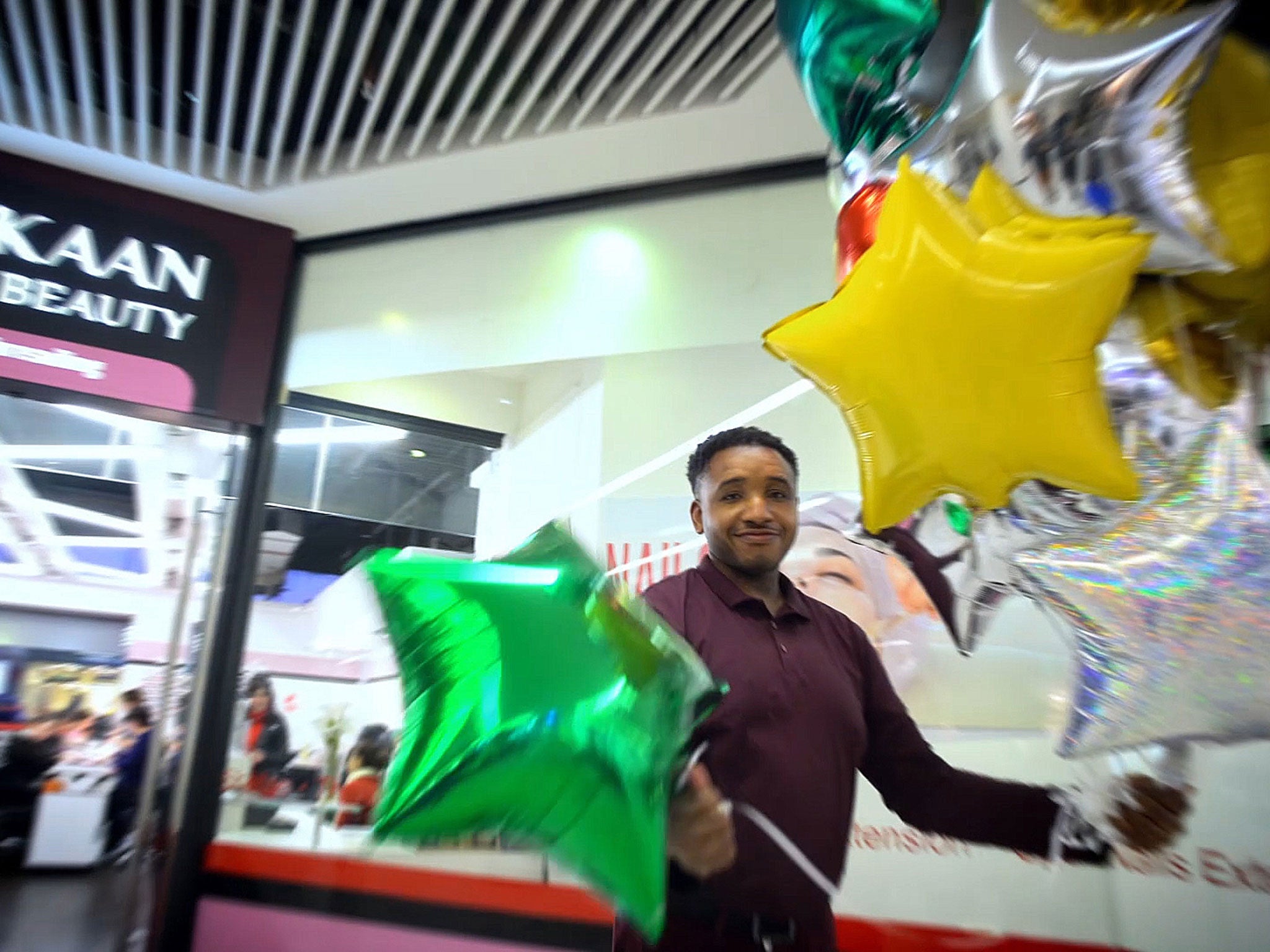World Autism Awareness Day: Video shows you what it's like to live with autism
The video highlights the sensory overload experienced by many autistic people during everyday activities

Your support helps us to tell the story
From reproductive rights to climate change to Big Tech, The Independent is on the ground when the story is developing. Whether it's investigating the financials of Elon Musk's pro-Trump PAC or producing our latest documentary, 'The A Word', which shines a light on the American women fighting for reproductive rights, we know how important it is to parse out the facts from the messaging.
At such a critical moment in US history, we need reporters on the ground. Your donation allows us to keep sending journalists to speak to both sides of the story.
The Independent is trusted by Americans across the entire political spectrum. And unlike many other quality news outlets, we choose not to lock Americans out of our reporting and analysis with paywalls. We believe quality journalism should be available to everyone, paid for by those who can afford it.
Your support makes all the difference.A video has been made to convey the experience of living with autism.
The short film, entitled 'Can you make it to the end?', was released by The National Autistic Society to coincide with World Autism Awareness Day.
Mostly shot in first person, it was made to highlight the sensory overload that can affect people with autism, as part of the society’s Too Much Information campaign.
It follows a report by the group which found around half of all autistic people - of which there are 700,000 in the UK - and their families sometimes don’t leave the house because they worry about how people will react.
The video – best watched with headphones and on full screen - shows an autistic boy, played by 10-year-old Alexander Marshall, walking into a shopping centre with his mother.
While the trip starts normally, small details flash up which are picked up by Alexander.
Specifics which would go ignored by a person without autism – the detail of party balloons, the sound of rustling packages, change dropping on the floor – become the central focus of attention.
Alexander becomes increasingly panicked as new information bombards his consciousness in quick succession, and he begins counting to calm himself down.
Even as his mother comforts him, the confusion and anxiety cause him to lash out.
“I’m not naughty, I’m autistic,” Alexander says as the film ends.
In addition to winning praise for helping to increase empathy towards people affected with the condition, the film has been well received by autistic viewers on YouTube.
“I feel like this every day,” said commenter Ellaxx 2Bella.
“Thank you so much for making this. Finally hopefully people will understand people with autism.”
User ItsRealyReall commented: “I can identify with this very much.”
“I was a bit surprised they didn't highlight the clicking of the woman's heels -- I don't know about you guys, but that one gets to me so much.”
“I think it's the sounds we dismiss and aren't aware of that becomes too much at some point.”
“Very, very well done,” commented Sara Dunn.
“I have a huge problem with the visual and usually listen to music in public places to block out noise.”
As well as trying to convey the experiences of someone with autism, the film aimed to highlight the effects on the families of autistic people.
In a survey coducted by The National Autistic Society,87 per cent of families said people stare and 74 per cent said people make disapproving noises about behaviour associated with their child’s autism.

Seventy nine per cent of autistic people and 70 per cent of family members said they feel socially isolated.
The National Autistic Society has called for better understanding of the condition.
Mark Lever, Chief Executive of the National Autistic Society, said: “Our research reveals shocking levels of isolation among autistic people and their families and indicates that hundreds of thousands of people feel so misunderstood that they sometimes can’t leave their homes.
“We will not accept a world where autistic people have to shut themselves away.
“Autism is complex and autistic people and their families don’t expect people to be experts.
"But our research shows that when people recognise that someone is autistic, and understand the difficulties they face, they’re more likely to respond with empathy and understanding.”
Join our commenting forum
Join thought-provoking conversations, follow other Independent readers and see their replies
0Comments